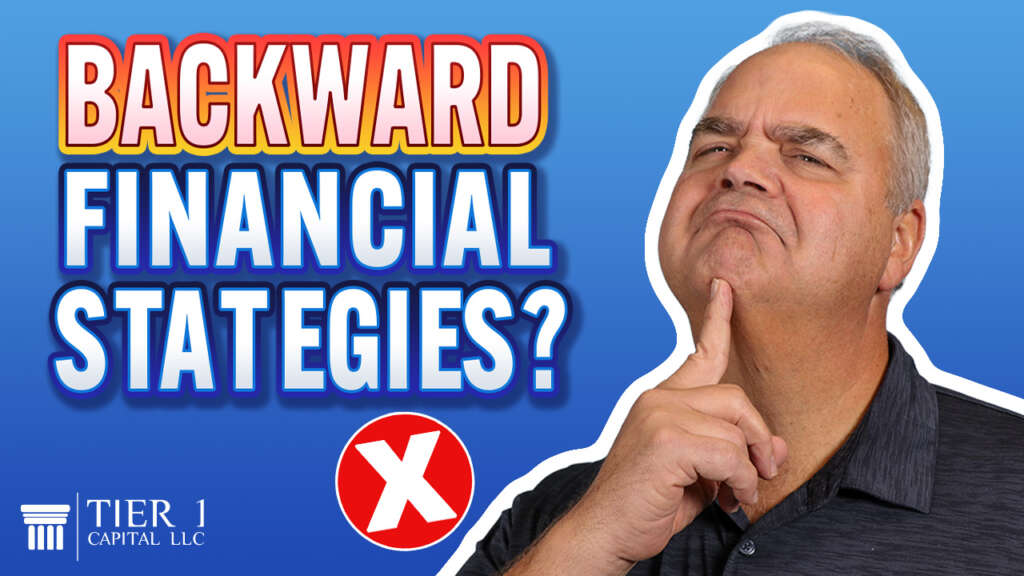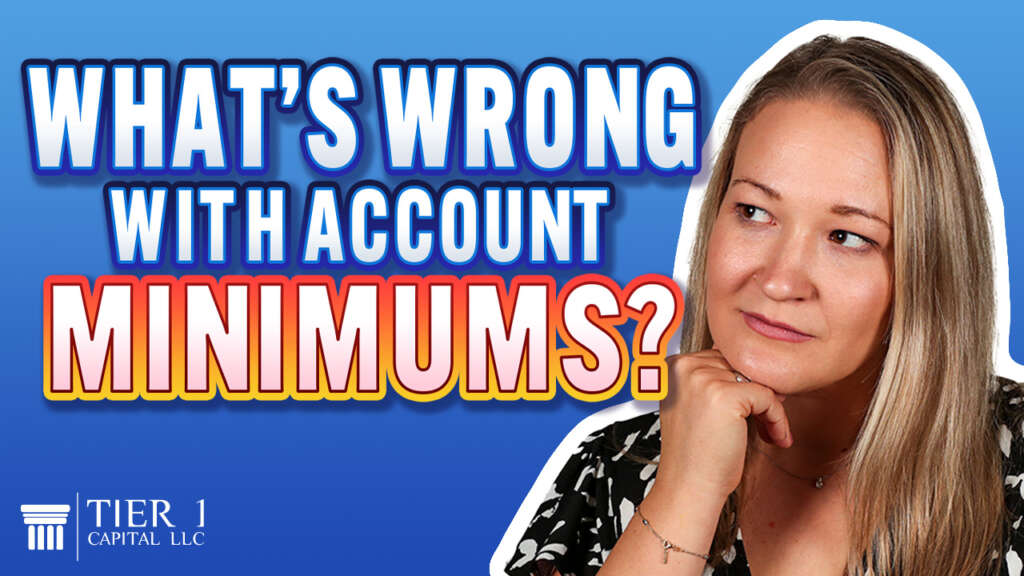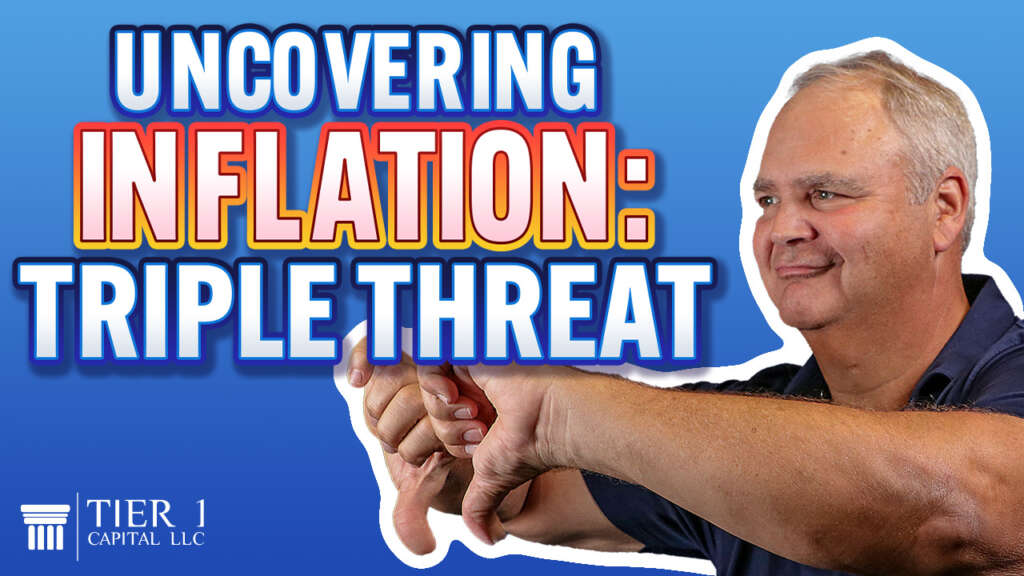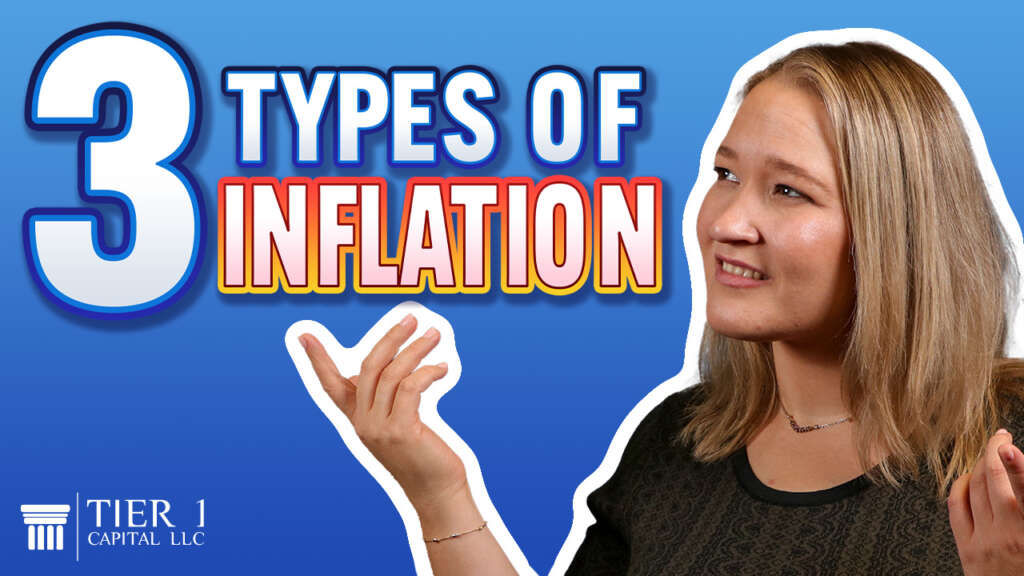
When it comes to managing your finances, there’s no one-size-fits-all solution. We all strive to make the best choices with the information we have, but conventional wisdom often falls short, leaving many feeling financially stuck despite their best efforts. Today, we’ll explore some common financial strategies that might not be as effective as they seem and discuss how a fresh perspective could unlock new possibilities for financial progress.
Traditional Strategies: Are They Working for You?
1. Paying Off Your Mortgage Early
Many financial advisors recommend paying off your mortgage as quickly as possible, believing it will save you money on interest and free you from debt. However, while this strategy may reduce your monthly expenses, it also ties up a significant portion of your money in your home. This capital is illiquid, meaning it’s not easily accessible if you need it for an emergency or opportunity. As a result, you could find yourself in a position where you need funds but have none readily available.
2. Keeping All Savings in Retirement Accounts
Retirement accounts are essential for building wealth over the long term. However, if all your savings are locked away in these accounts, you may be sacrificing immediate access to capital. The funds in these accounts are restricted by government regulations, which can change unpredictably. The lack of liquidity can be problematic if you face unexpected expenses or wish to seize financial opportunities. Additionally, future tax implications are uncertain, as rules and rates can shift.
3. Paying Cash or Paying Off Credit Cards Monthly
Paying off credit card balances in full each month is a prudent approach to avoid interest charges. Similarly, using cash for purchases avoids accumulating debt. Yet, this approach might not always be the most strategic use of your funds. By continually diverting money to pay off credit cards or to purchase items outright, you might miss out on opportunities to invest or grow your capital more efficiently.
The Common Denominator: Lack of Control
The underlying issue with these strategies is that they often place your money out of your immediate control. Whether it’s in a mortgage, retirement account, or credit card payment, the result is that your funds are tied up and inaccessible when you need them. This lack of liquidity can create a cycle where you’re either unable to address emergencies or must resort to credit debt to cover unexpected costs, which can further strain your financial situation.
The Path to Financial Freedom: Efficient Money Management
To truly make progress, it’s crucial to focus on how efficiently you use your money rather than just where it is placed. The goal is to strike a balance between saving for the future and maintaining access to capital for current needs and opportunities. Instead of adhering strictly to conventional strategies, consider alternative approaches that offer both growth potential and liquidity.
Here’s How We Can Help
We specialize in helping clients understand and optimize their financial strategies. We focus on how you use your money and work to make your financial resources more efficient and effective. Our approach differs from traditional advisors who may prioritize where your money is located rather than how it’s utilized.
If you’re finding that conventional strategies are not delivering the results you hoped for, or if you’re interested in exploring more efficient ways to manage your finances, schedule a free strategy session to learn how we can assist you in achieving greater financial freedom and ensuring that your money works harder for you.
Remember, it’s not just about how much money you make; it’s about how much you keep that truly matters.

















